

Two decades after September 11, the shocking and tragic attacks continue to shape American politics and foreign policy. In the months following the attacks, the U.S. passed the Patriot Act, checking civil liberties in the name of security; drove Al Qaida from Afghanistan and ousted the Taliban from power, launching what would become the country’s longest sustained military campaign; and enacted the Homeland Security Act, resulting in the Department of Homeland Security—now the third largest Cabinet department. In the years since, 9/11 has transformed the U.S. government and Americans’ attitudes about safety, privacy, and the nation’s role in global affairs. The impacts of the war on terror have reverberated around the world. With the United States’ withdrawal from Afghanistan this year, the Taliban have once again seized power there, with agonizing implications for Afghans and the world.
Today, extremist threats, technology, and the international order have evolved, repression and regional conflict continue to destabilize the Middle East, and the COVID-19 pandemic has brought another inflection point. How can we apply what we have learned over the past two decades? Below, Brookings experts offer reflections and recommendations.

Shadi Hamid
September 20, 2021

Noha Aboueldahab
September 15, 2021
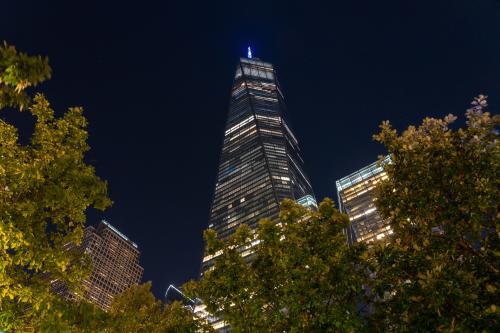
James Goldgeier
September 10, 2021
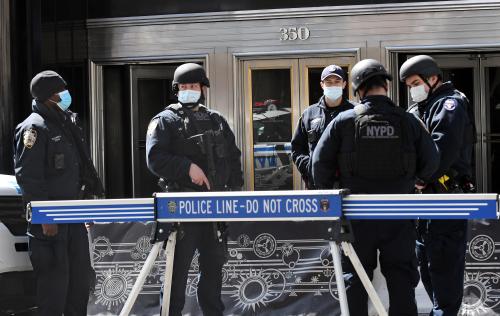
Rashawn Ray
September 9, 2021
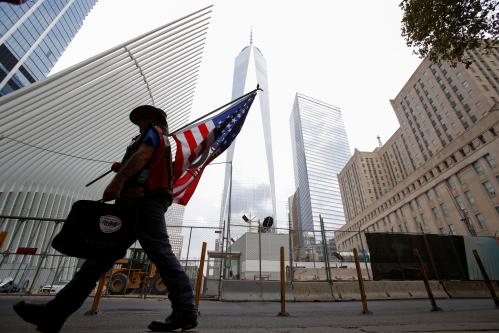
William A. Galston
September 9, 2021
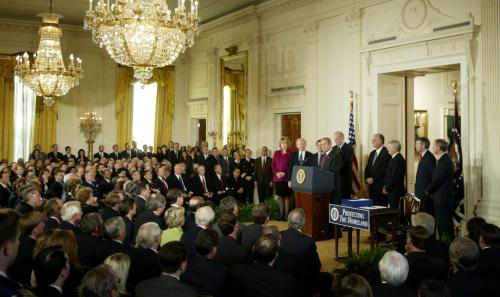
Joseph I. Lieberman
September 8, 2021

William A. Galston
August 27, 2021
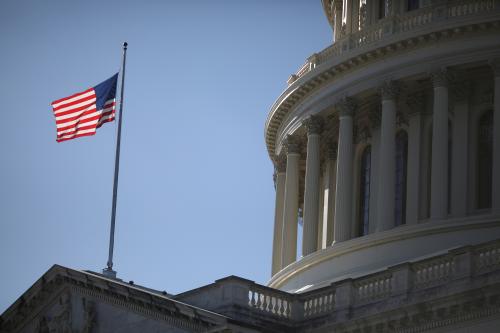
Sarah A. Binder, Molly E. Reynolds
August 27, 2021
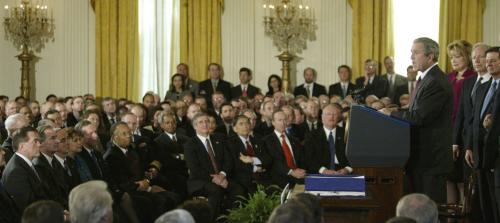
Elaine Kamarck
August 27, 2021
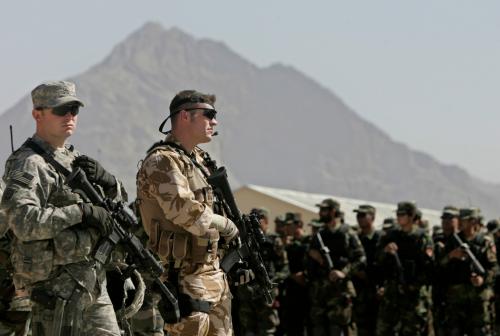
Robert Kagan
August 26, 2021
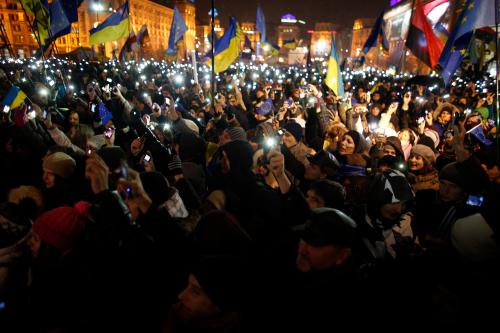
Marvin Kalb
August 25, 2021
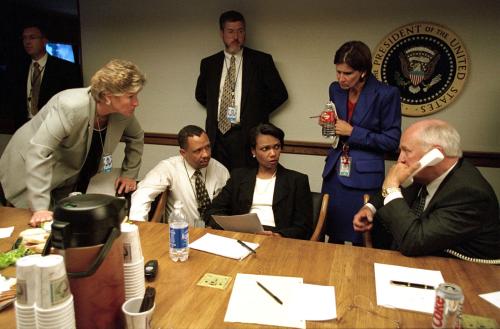
Bruce Riedel
August 23, 2021
2020
Online Only
Friday, 2:00 pm - 3:15 pm EDT

Carrie Cordero
September 11, 2020
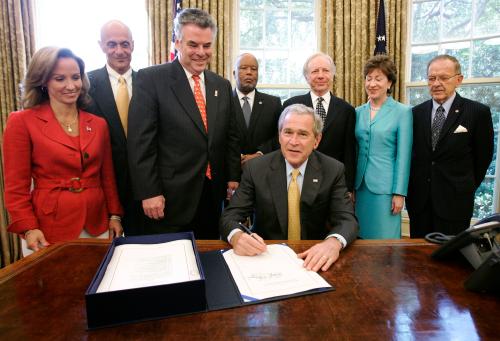
Carrie Cordero
September 11, 2018

Scott R. Anderson
May 24, 2018
2011
The Brookings Institution, Washington DC
Thursday, 10:00 am - 12:00 pm EDT

Daniel L. Byman
September 11, 2021
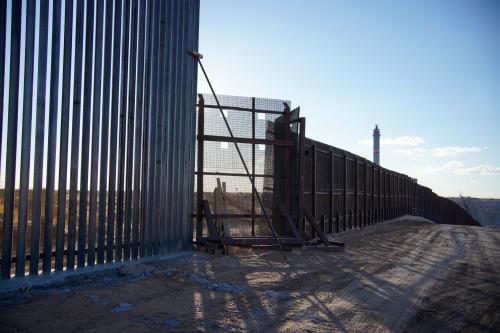
Vanda Felbab-Brown
September 10, 2021

Melanie W. Sisson
September 10, 2021

Bruce Riedel
September 8, 2021

Alexandre Marc
August 30, 2021
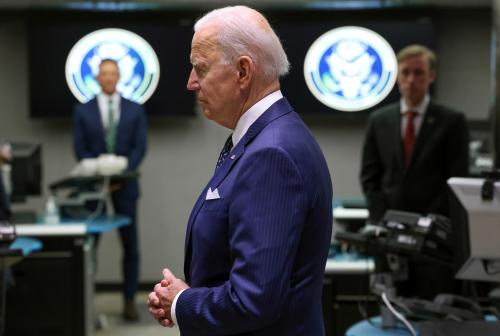
Daniel L. Byman
August 24, 2021
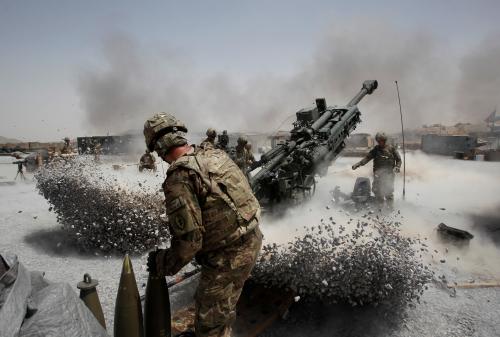
Michael E. O’Hanlon, Hal Brands
July 27, 2021
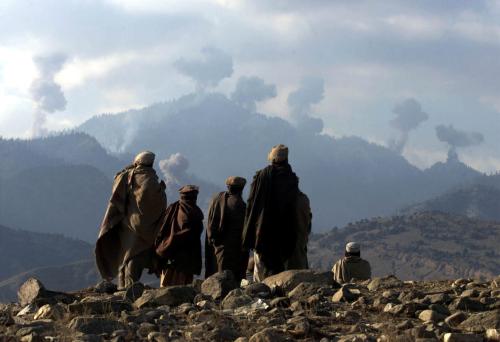
Michael E. O’Hanlon, Hal Brands
August 12, 2021
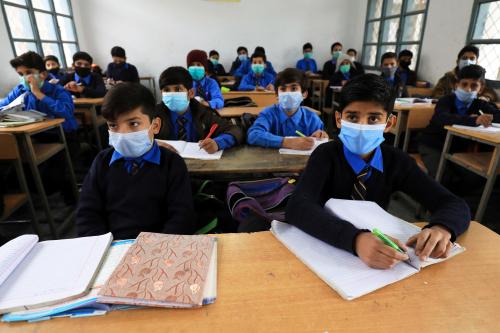
Madiha Afzal
January 25, 2021

Peter Swire
March 24, 2020
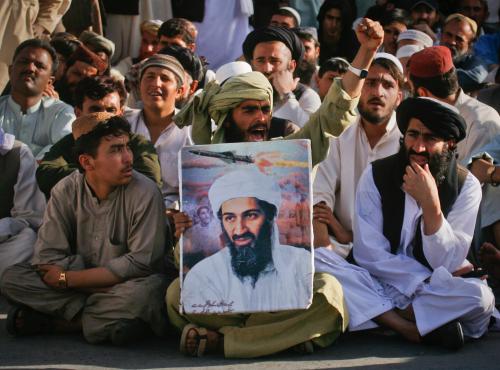
Bruce Riedel
September 10, 2019

Daniel L. Byman
September 10, 2018
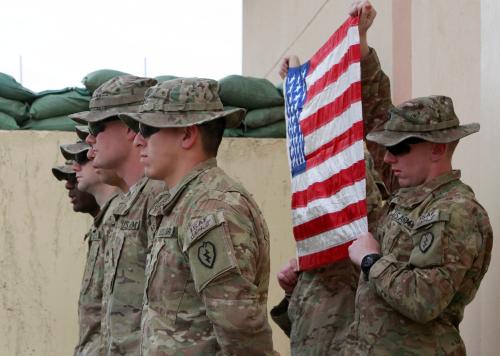
Brendan R. Stickles
September 10, 2018

Chris Meserole
September 11, 2017
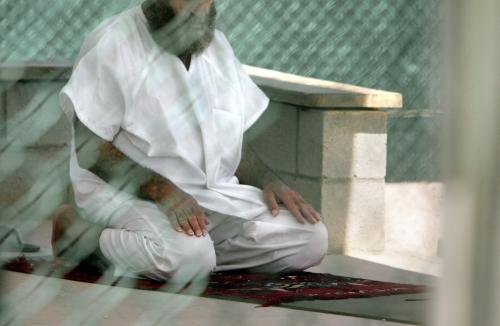
Benjamin Wittes
May 22, 2013
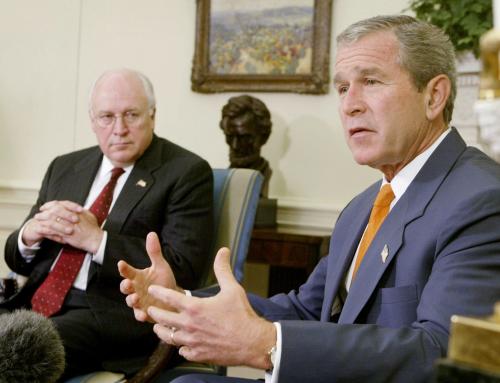
Bruce Riedel
September 17, 2021
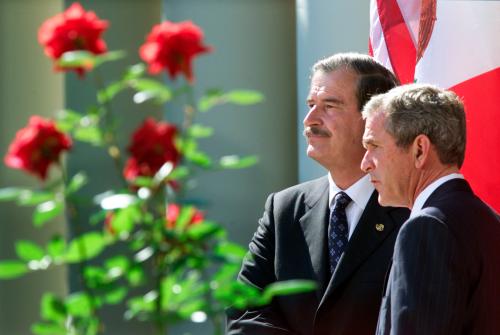
Arturo Sarukhan
September 17, 2021

Benjamin Wittes, Daniel L. Byman
September 10, 2021
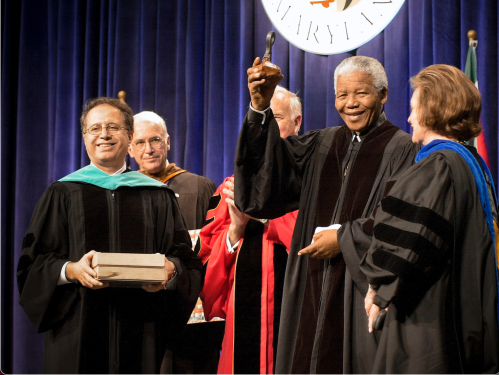
Shibley Telhami
September 9, 2021
![U.S. President George W. Bush rides with Russian President Vladimir Putin in the front of his pickup truck as he welcomes Putin to his ranch in Crawford, Texas November 14, 2001. [Bush plans to treat Putin to Western-style entertainment and tour of his beloved ranch, as well as follow up on their talks in Washington on Tuesday on a new strategic relationship. ] Win McNamee / Reuters.](https://www.brookings.edu/wp-content/uploads/2021/09/PutinBush_001.jpg?quality=75&w=500)
Angela Stent
September 8, 2021

Shadi Hamid
September 8, 2021
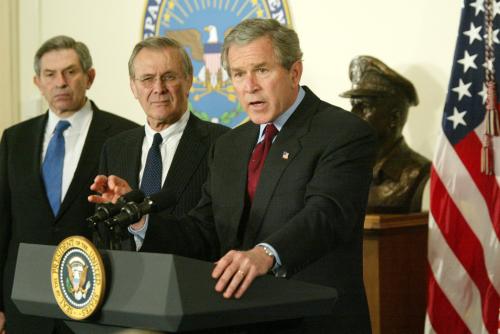
Itamar Rabinovich
September 7, 2021
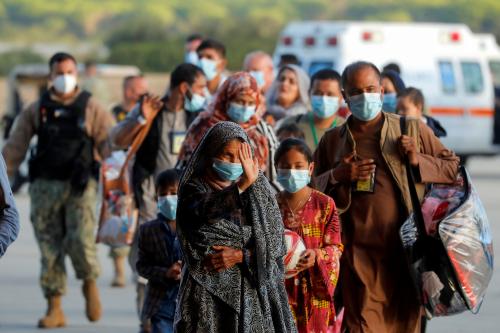
Constanze Stelzenmüller
September 2, 2021
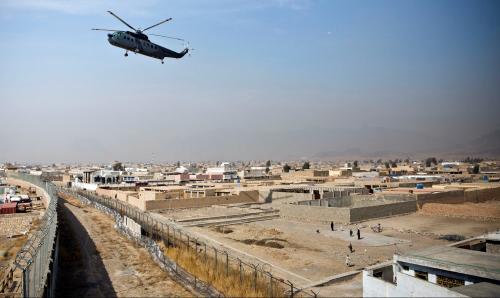
Jennifer Brick Murtazashvili, David Dollar
August 30, 2021

Vanda Felbab-Brown
August 31, 2021

Darrell M. West, Nicol Turner Lee
August 27, 2021
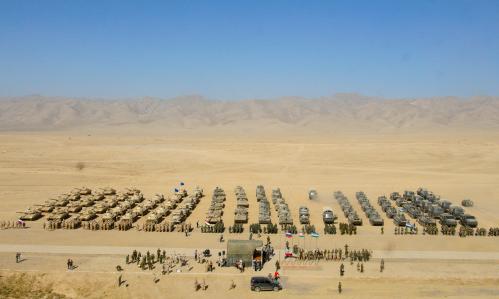
Pavel K. Baev
August 18, 2021

Vanda Felbab-Brown
August 17, 2021
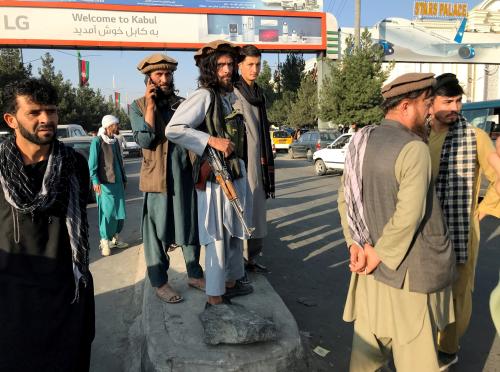
Madiha Afzal, Ranj Alaaldin, Daniel L. Byman, Giovanna De Maio, Vanda Felbab-Brown, Marvin Kalb, Suzanne Maloney, Patrick W. Quirk, Itamar Rabinovich, Douglas A. Rediker, Bruce Riedel, Federica Saini Fasanotti, Constanze Stelzenmüller, Shibley Telhami +9 more
August 16, 2021
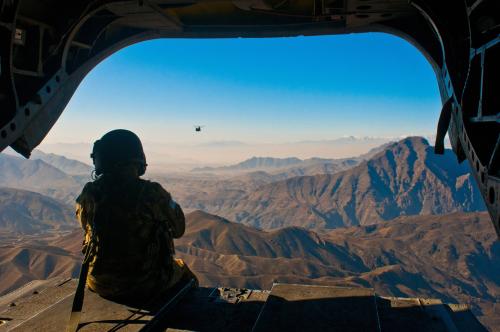
Scott R. Anderson, Madiha Afzal
August 17, 2021
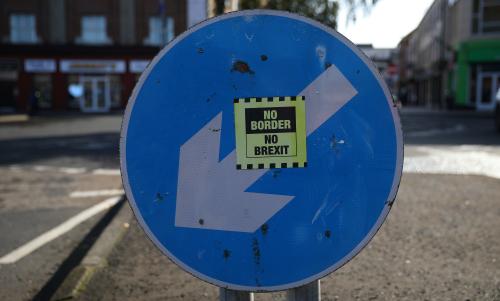
Amanda Sloat
September 11, 2020
2011
The Brookings Institution, Washington DC
Tuesday, 10:00 am - 12:00 pm EDT

Mara Karlin
December 14, 2021
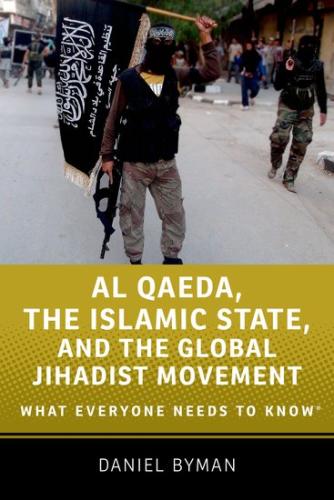
Daniel L. Byman
August 24, 2015
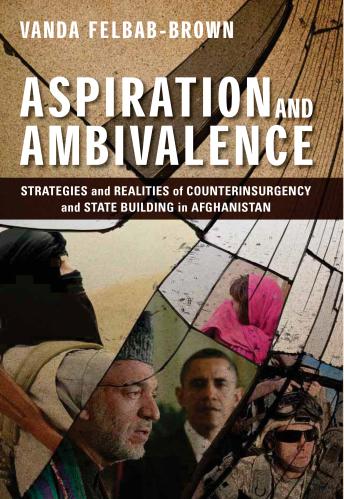
Vanda Felbab-Brown Bruce Riedel
November 21, 2012
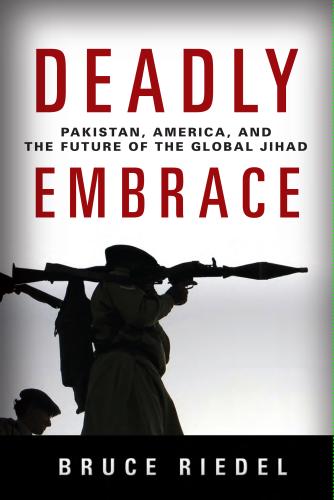
Bruce Riedel
January 17, 2012
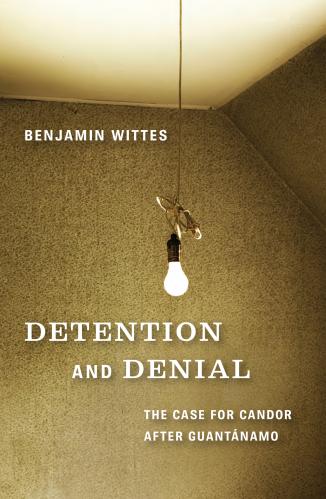
Benjamin Wittes
December 21, 2010
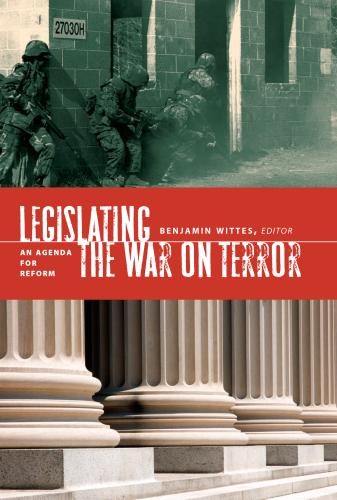
Benjamin Wittes
November 3, 2009
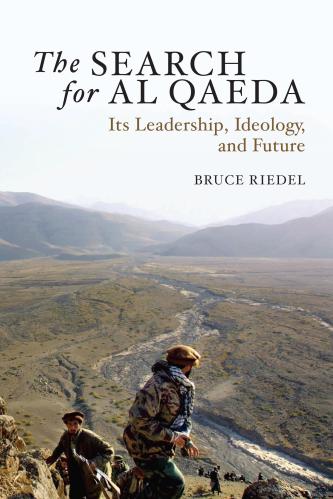
Bruce Riedel
February 19, 2010
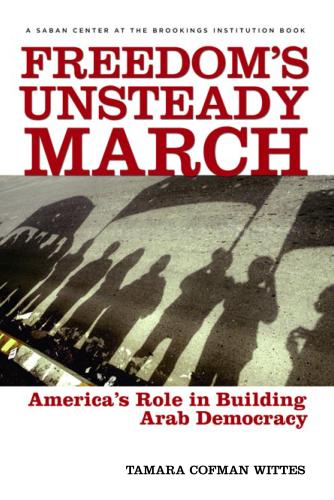
Tamara Cofman Wittes
April 2, 2008